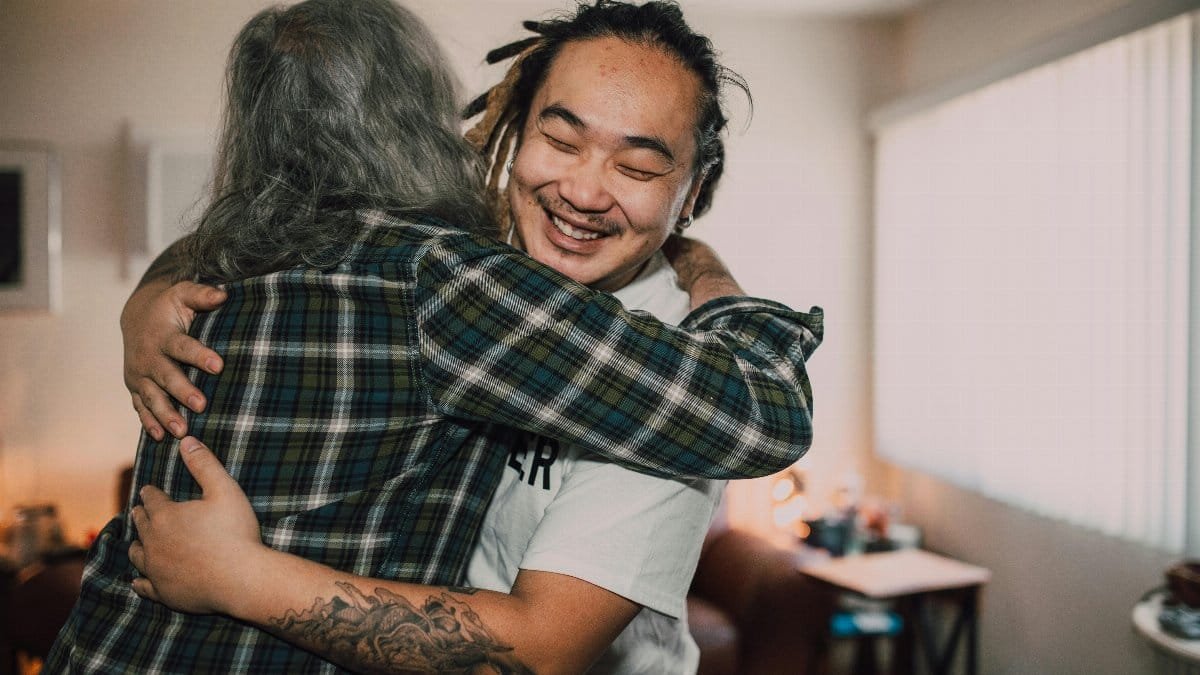A couple sitting on a worn-out couch in a small Chicago apartment, the kind with mismatched cushions and a coffee table cluttered with half-empty mugs. They’re not talking, not really. There’s just this heavy silence, the kind that comes after a fight you can’t quite remember the start of. Then, one of them—let’s say it’s her—looks over and says, “Thanks for sticking around, even when I’m a mess.” It’s not much, but it cuts through the tension like a knife. That’s the raw power of gratitude in relationships, a simple act that can start to mend what’s broken. I’ve seen it myself, and maybe you have too. How often do we forget to just say thanks for the little things, especially when the big stuff feels so heavy? In a world where we’re quick to point out flaws, flipping the script to focus on appreciation can feel almost radical. But it works. And as we head into 2025, with mental health conversations louder than ever in the U.S., gratitude might just be the quiet tool we’ve overlooked for healing relationship wounds.
Why Gratitude Feels So Hard Sometimes
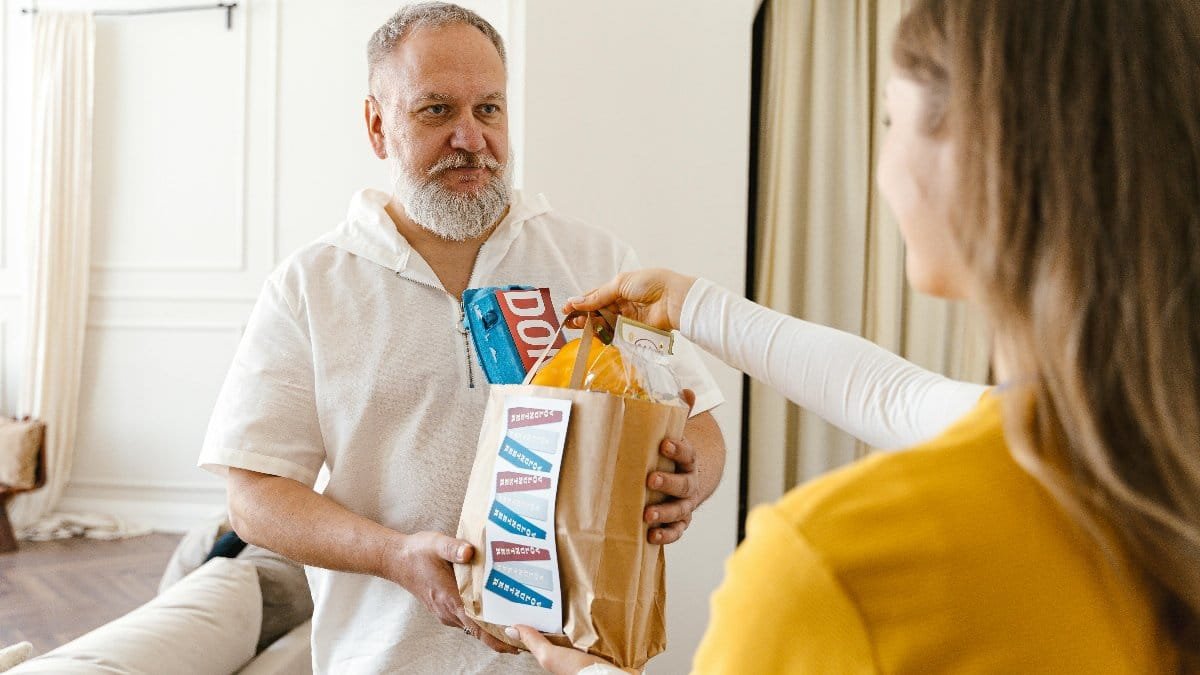
A Small Thanks Can Rewire How You Fight
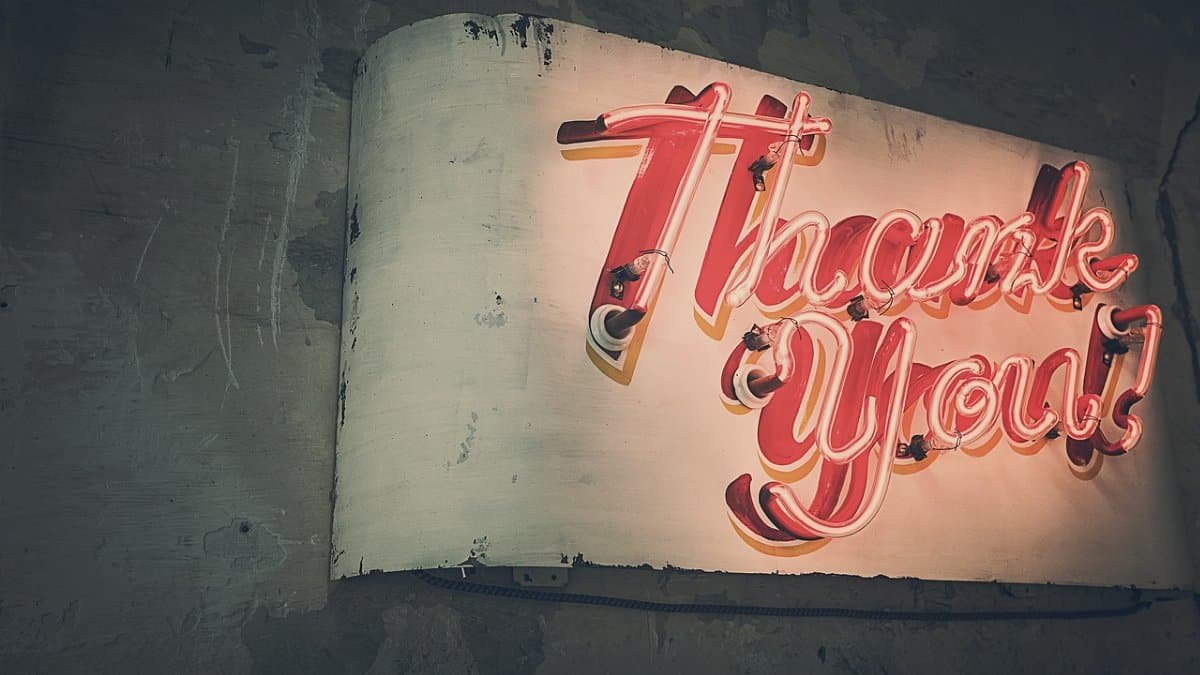
Here’s something I’ve noticed: couples who sprinkle gratitude into their rough patches tend to argue differently. It’s not that they don’t fight—everyone does—but there’s less venom. I remember talking to a friend in Seattle who’d been with her husband for 15 years. They’d hit a rocky spot after a job loss, snapping at each other over dumb things like who forgot to buy milk. But she started this habit of thanking him for small stuff, like taking out the trash, even mid-argument. “It sounds weird,” she told me, brushing her hair back with a tired smile, “but it made me less mad. Like I remembered he’s on my team.” Research from the American Psychological Association supports this—gratitude can buffer negative emotions during conflict. It’s not a cure-all, but it’s a start. When you’re in the heat of it, a quick “I appreciate you trying” can stop a fight from spiraling. It’s like hitting pause, even if just for a second.
The Cultural Shift: Gratitude as a 2025 Priority

Now, let’s zoom out a bit. In the U.S., we’re seeing a slow but real shift toward valuing emotional tools like gratitude, especially as we head into 2025. Social media trends—like those viral “gratitude challenges” popping up on TikTok—are getting people to rethink how they connect. Therapists in places like Austin and Portland are hosting workshops on gratitude in relationships, teaching couples to name three things they appreciate daily. It’s not just hippy stuff anymore; it’s practical. A recent Pew Research report noted that post-pandemic, Americans are craving deeper bonds after years of isolation. Gratitude fits right into that. It’s low-cost, doesn’t need a fancy app, and you can start right now. Maybe it’s saying thanks for a partner’s patience, or even a friend’s late-night call. The point is, as we rebuild how we relate to each other, gratitude is becoming less of a nice-to-have and more of a must.
When Gratitude Feels Forced, and That’s Okay

But let’s not pretend it’s all sunshine. Sometimes gratitude feels fake, like you’re just going through the motions. I’ve done it—muttering a “thanks” to avoid a bigger fight, not because I meant it. And you know what? That’s fine. It still does something. A study from the National Institutes of Health found that even “performed” gratitude can eventually shift your mindset over time. It’s like exercising a muscle you didn’t know you had. I talked to a guy at a community event in Detroit who admitted he started thanking his wife just to keep the peace. “I thought it was dumb,” he said, scratching his neck and laughing a little. “But after a while, I started noticing the stuff she does. It wasn’t fake anymore.” So, even if it feels forced at first, gratitude in relationships can grow roots. You just have to stick with it, even on the days it feels like a chore.
How Gratitude Heals Old Wounds, Not Just New Ones
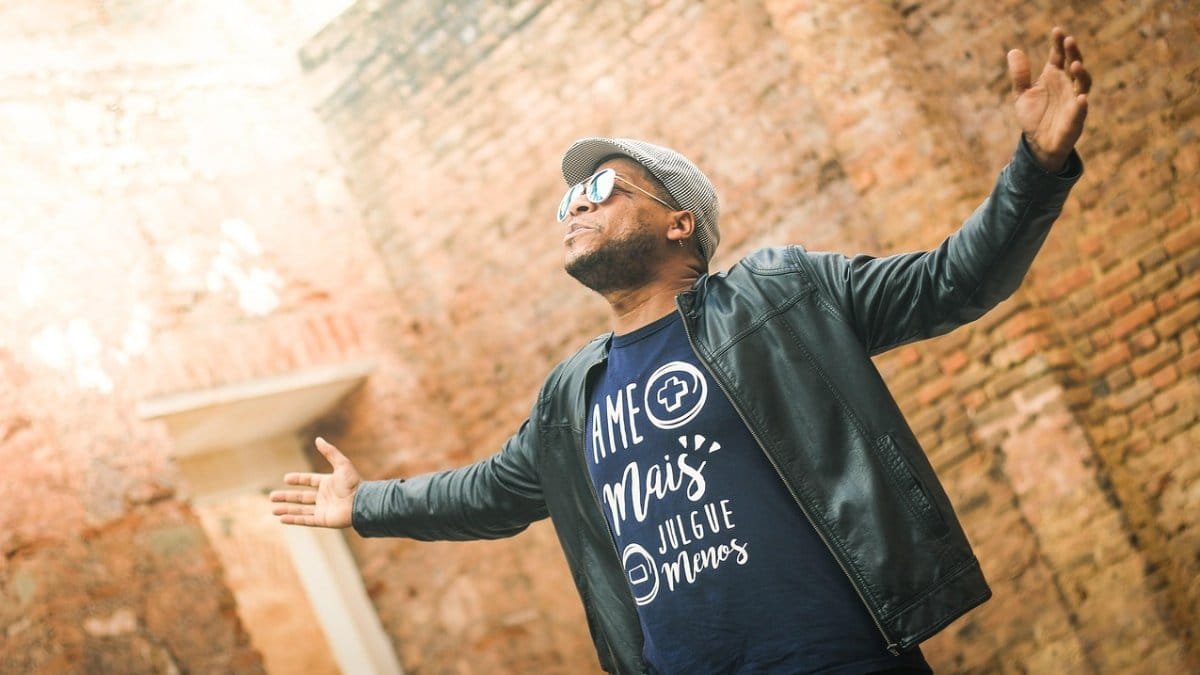
Here’s where it gets deeper. Gratitude doesn’t just smooth over fresh arguments; it can dig into older, messier hurts. Think about a betrayal or a years-old grudge—those things sit heavy, right? I’ve seen couples carry that weight for decades, barely talking about it but feeling it every day. Gratitude can’t erase the past, but it can change how you carry it. I remember my aunt, who went through a rough divorce, telling me how she started thanking her ex for being a good dad, even after everything. It wasn’t easy. Her voice cracked when she said it, sitting at her kitchen table with a cold coffee in hand. But it helped her let go of some bitterness. It’s not about forgiving everything; it’s about finding a sliver of good to hold onto. When you focus on that, even old scars start to feel a little less raw. It’s a slow process, but gratitude in relationships can be a bridge back to trust, or at least to peace.
Everyday Ways to Build Gratitude Without Overthinking It

So, how do you actually do this without it feeling like a big project? Start small. You don’t need grand gestures or long speeches. Maybe it’s just texting your partner, “Hey, thanks for making dinner last night.” Or telling a friend, “I’m glad you’re around to vent to.” It’s the little stuff that adds up. I’ve tried keeping a quick note on my phone—three things I’m thankful for about someone each week. Some days it’s hard to come up with anything, I’ll admit. But even writing “they didn’t yell when I was late” reminds me not to take people for granted. You can also make it a habit at meals—go around the table and say one thing you appreciate. It sounds cheesy, and yeah, it might feel awkward at first. But it sticks. The key is to keep it real, not some polished Hallmark moment. Just say what you mean, even if it’s messy or simple.
What Happens When Gratitude Isn’t Returned?
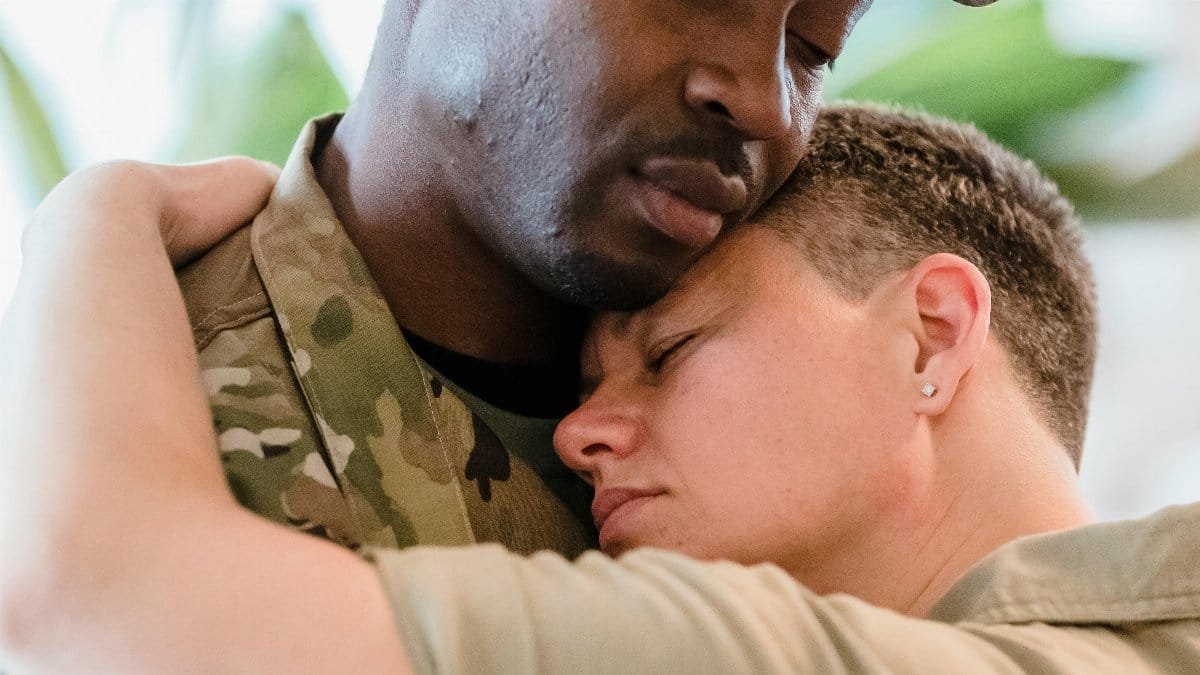
Here’s the flip side, though. What if you’re pouring out thanks and getting nothing back? That stings. I’ve been there, feeling like I’m the only one trying to patch things up. It can make you want to stop altogether. But here’s what I’ve learned—gratitude isn’t a transaction. It’s not about getting a “you’re welcome” every time. It’s about shifting your own headspace first. Over time, that shift can nudge the other person, even if it’s subtle. If it doesn’t, well, that’s information too. Maybe the relationship needs more than gratitude to heal. I’ve had to walk away from connections where my efforts felt like shouting into a void. It’s tough, but gratitude can still help you see what’s worth fighting for and what’s not. It’s not a magic fix, but it’s a lens. And sometimes, that’s enough to figure out your next step, even if it’s a hard one.
Looking Ahead: Making Gratitude a Habit for Good

Related Post: How Honest Apologies Restore Trust and Intimacy
